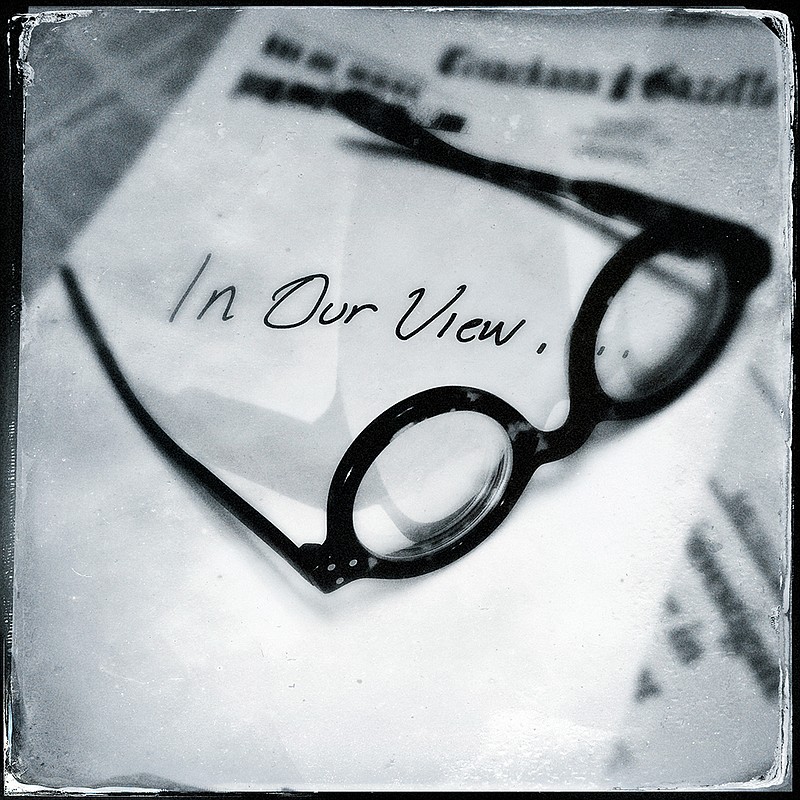Texas is one of the last remaining states to take a hard line against legal gambling.
There is the state lottery of course, charity bingo and horse racing. But the Lone Star State has so far resisted the lure of easy money through casino games and slots machines. It even frowns on Native American casinos so prevalent in many other states.
While commercial gambling is frowned upon, private gambling remains legal in the state. Under the law, as long it's not open to the public and no one rakes the pot in a poker game or operates a casino-type banking game, gambling is perfectly legal on private property. That means if you want to play hold 'em at home for whatever stakes it's legal. You and some friends are allowed to shoot craps amongst yourselves as long as no one is making money other than by winning or losing in a game with no house advantage.
Now some enterprising poker entrepreneurs are using that legal loophole to their advantage.
Private poker clubs have popped up in Houston, Dallas and Austin. These facilities offer a number of tables and a variety of games. They don't take a cut of the pot, but charge a daily, monthly or yearly membership fee as well as a seat rental charge every half hour.
Mint Poker in Houston is typical. Players can buy a daily membership for $10, monthly for $49 or yearly for $490. The seat rental fee is $5 per half hour in most games, going up to $10 for higher limit games. There are 20 tables in action every day.
Club owners say this complies with the law. And so far it looks like city and police officials are going along. If that continues there will certainly be more clubs opening across the state-including right here in Texarkana.
We have no quarrel with people playing poker in private. But these clubs sound like casinos to us. They may not be raking the pot but the seat charge is an old way to make money from poker that has been used for decades. And if anyone can walk in and pay the membership fee, it hardly seems private. We just don't see this as being in compliance with state law.
It reminds us of the "game rooms" we used to see on both sides of the state line. While eight-liners played for inexpensive prizes are legal, these operations were in reality fronts for illicit slot machine action. They operated for a while and then the police cracked down.
In our view that's likely to happen with these poker clubs-eventually. But no telling how much operators can take in before that day comes. It's past time the Legislature takes a look at Texas gambling laws and develops a sensible approach that closes loopholes and spells out what is and what is not permitted.

